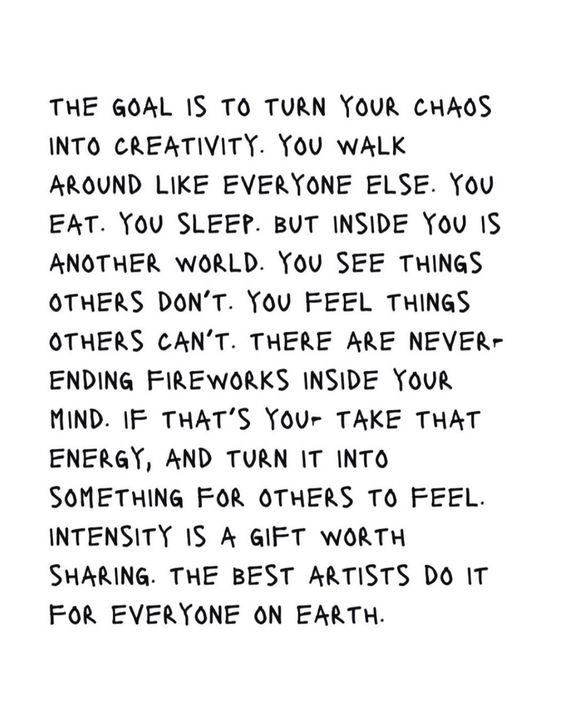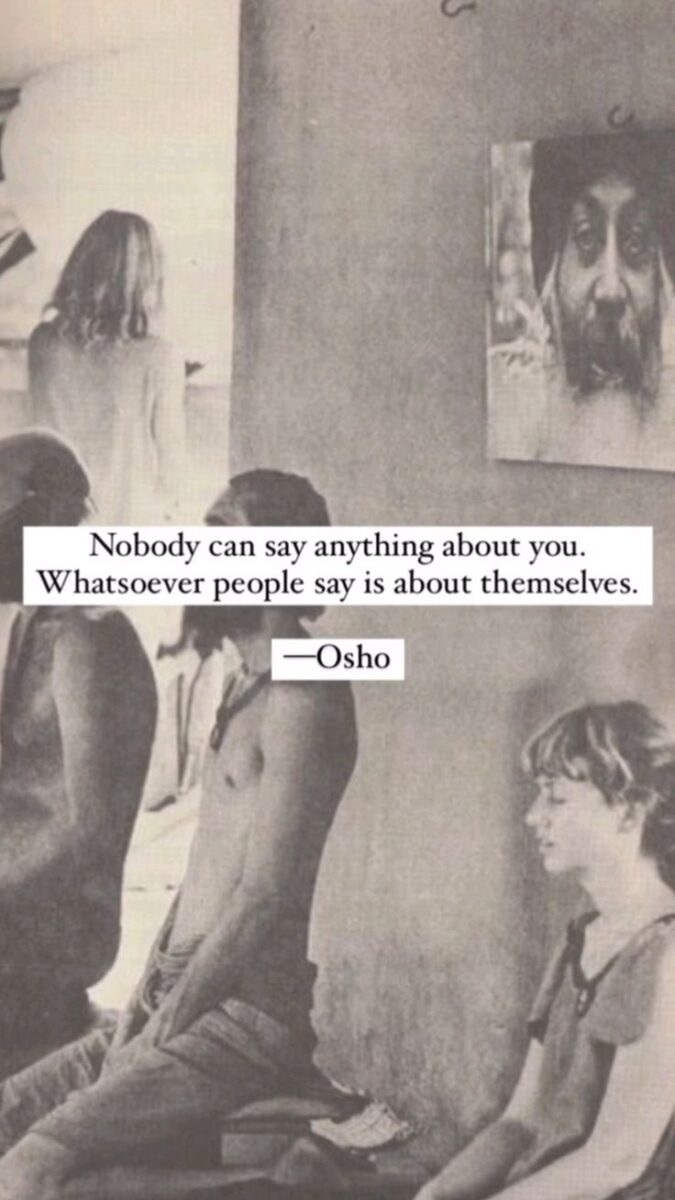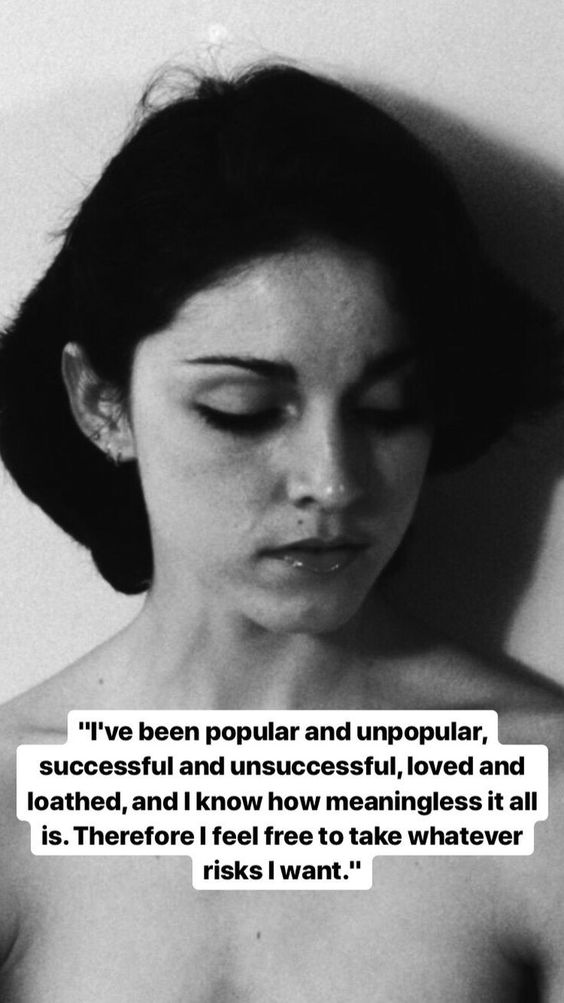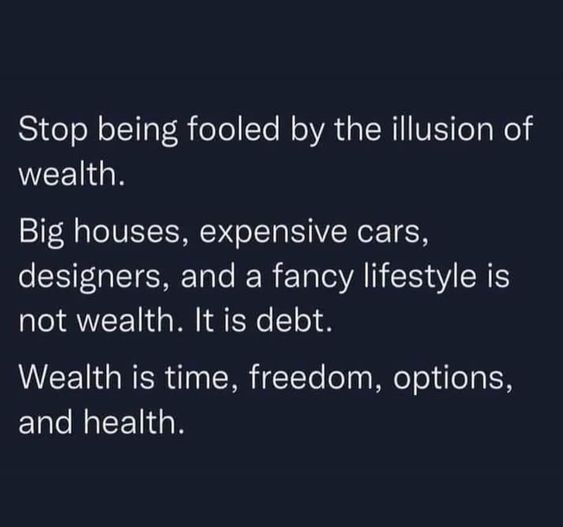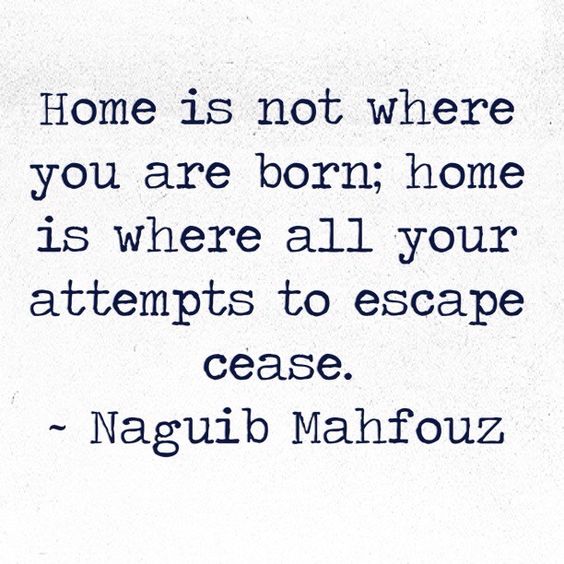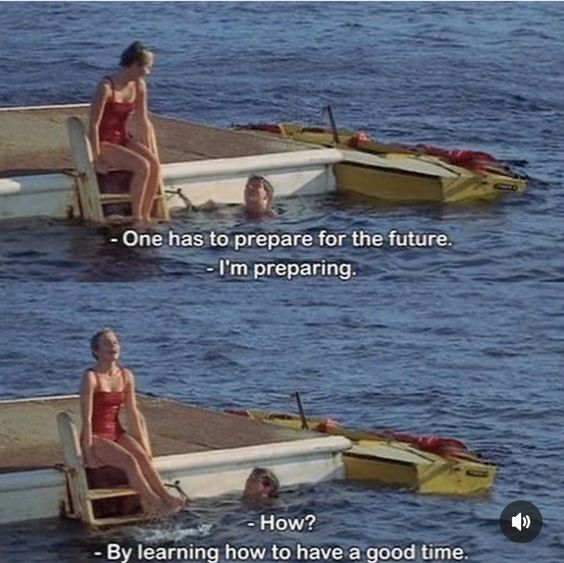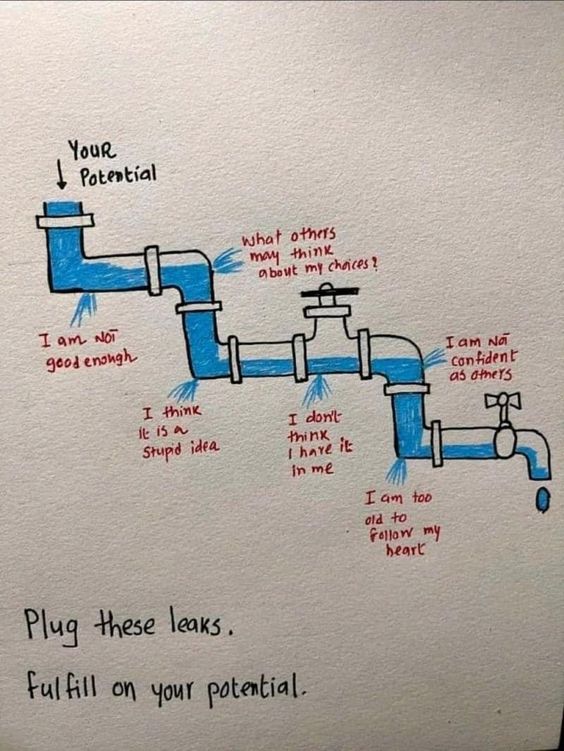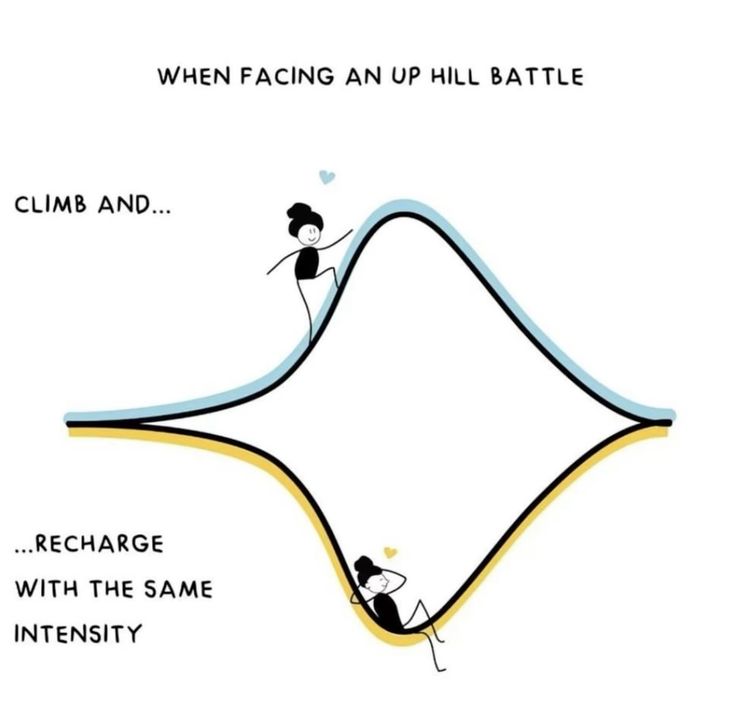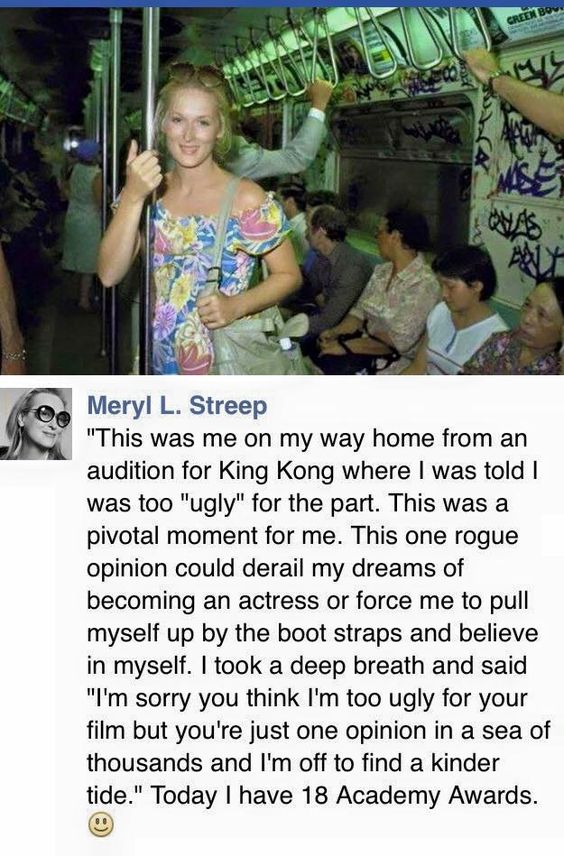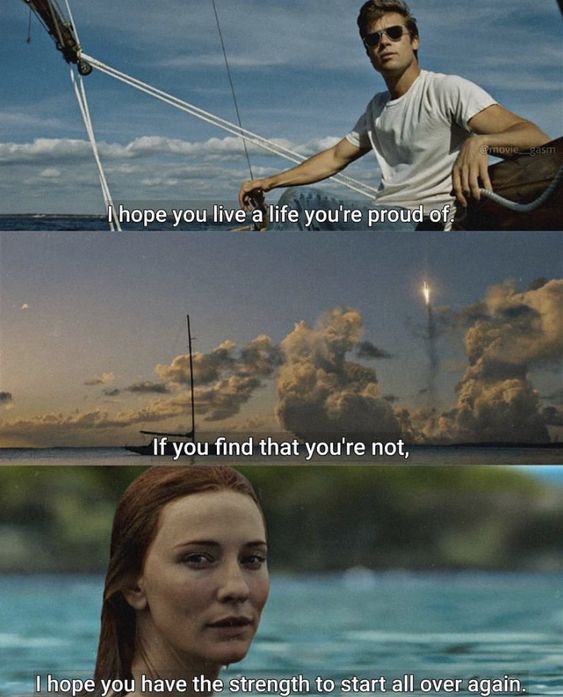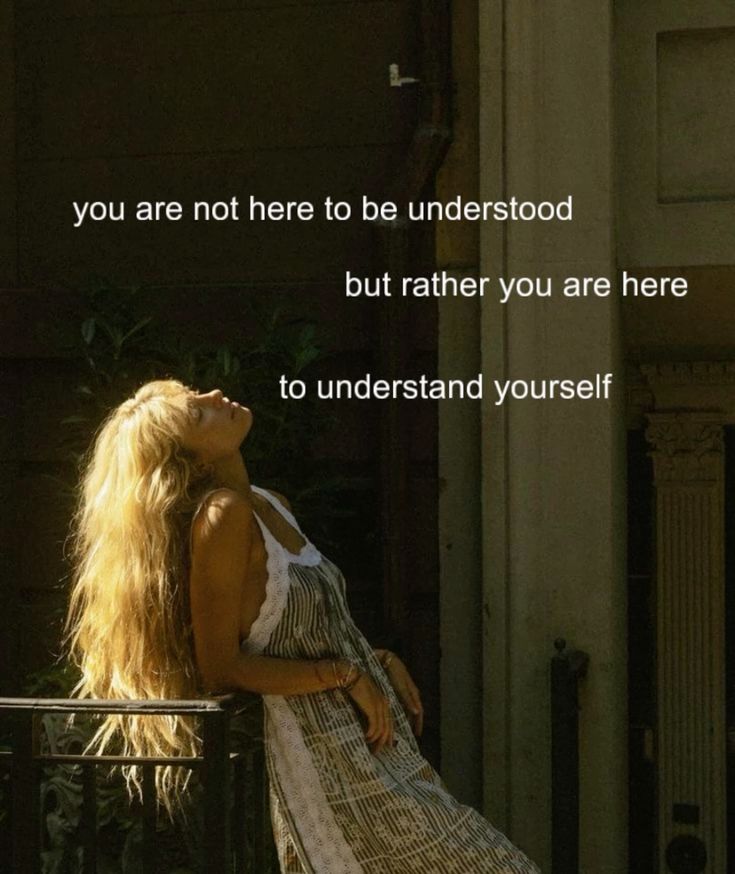“If your children lie to you, who has made them afraid to tell the truth?”
Unknown, via No Excuses! (Page 255)
“Love is by far the most important thing of all. It casts out fear. It is the fulfilling of the law. It covers a multitude of sins. Love is absolutely invincible. There is no difficulty that enough love will not cure; no disease that enough love will not heal; no door that enough love will not open; no gulf that enough love will not bridge; no wall that enough love will not throw down; no sin that enough love will not redeem. It makes no difference how deeply seated may be the trouble, how hopeless the outlook, how muddled the tangle, how great the mistake; a sufficient realization of love will dissolve it all. If only you could love enough you would be the happiest and most powerful being in the world.”
Emmet Fox, via No Excuses! (Page 256)
“On a regular basis, you should sit down with your spouse and later with your children to have the courage to ask them these four questions: (1) Is there anything that I am doing that you would like me to do more of? (2) Is there anything that I am doing that you would like me to do less of? (3) Is there anything that you would like me to start doing that I am not doing today? (4) Is there anything that I am doing that you would like me to stop doing altogether? When you have the courage and discipline to ask these four questions of your spouse and your children on a regular basis, you will be amazed at the quality and depth of the answers you receive. You will get continual guidance on how you can modify and adjust your behaviors to maintain higher levels of harmony, happiness, and love with your spouse and the other members of your family.”
Brian Tracy, via No Excuses! (Page 255)
“There is a rule that says that every large problem was once a small problem that could have been solved easily and inexpensively at that time. Sometimes, the best strategy is to ‘nip it in the bud.’ When it is clear that there is a problem and a solution, do what has to be done—and do it quickly.”
Brian Tracy, via No Excuses! (Page 207)
“In medicine, they say that ‘accurate diagnosis is half the cure.’ Therefore, you need to ask, ‘What exactly is the problem?’ It is absolutely amazing how several people can become upset about a problem in an organization, but every one of them has a different idea or definition of the exact nature of the problem they’re facing. Your job is to achieve clarity and to get everyone to agree on the definition of the problem before you move on to the business of solving it.”
Brian Tracy, via No Excuses! (Page 204)
“Setting priorities requires setting posteriorities as well. A priority is something that you do more of and sooner, whereas a posteriority is something you do less of or later. You are probably already overwhelmed with too much to do and too little time. Because of this, for you to embark on a new task, you must discontinue an old task. Getting into something new requires getting out of another activity. Before you commit to a new undertaking, ask yourself, ‘What am I going to stop doing so that I have enough time to work on this new task?'”
Brian Tracy, via No Excuses! (Page 193)
“See yourself as the president of your own ‘Personal Services Corporation.’ Imagine that you were going to take your company public on the stock market. Would you recommend your company as a growth stock, continually increasing its value and earning ability each year? Or would you describe your company as one that has leveled off in the market place, that is not really going anywhere in terms of increased value and income? Would you recommend stock in ‘You, Inc.” as an excellent investment? Why or why not?”
Brian Tracy, via No Excuses! (Page 81)
